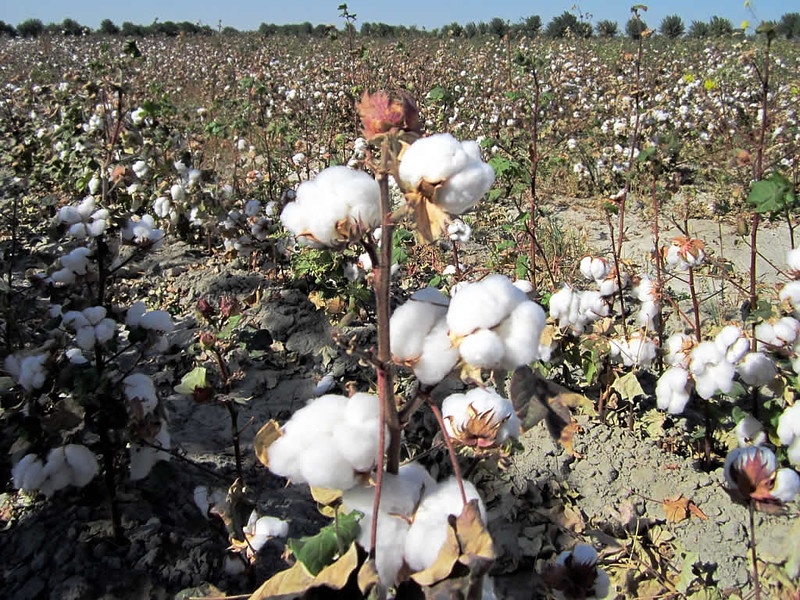The Uzbek government, in cooperation with international consultancies, has published a sustainability report for the first time. The document, written in English, assesses the country’s progress in several key areas.
This article was originally published on Novastan’s German website on 6 February 2021.
The Uzbek government has published a report outlining the country’s progress in managing environmental and social governance (ESG) for the first time. As the platform Accesswire reports, the document, published on 1st February 2021, aims to make Uzbekistan’s progress within the framework of the United Nations’ sustainable development goals visible to national and international stakeholders. The move is part of the reform programme initiated by the Uzbek president, Shavkat Mirziyoyev, since 2017.
Want more Central Asia in your inbox? Subscribe to our newsletter here.
While ESG reports are common practice in the corporate world, Uzbekistan is the first country to publish one. The document reflects the significant changes in Uzbekistan’s policies towards good governance, sustainability and a strengthened civil society since 2017.
A reference framework for investors
The report was commissioned by the Uzbek Export Promotion Agency under the Ministry of Investments and Foreign Trade. It was produced in cooperation with two international consulting firms, the German cometis AG and the US-based Xenophon Strategies. It is also publicly available on a website created by the Uzbek Ministry of Foreign Trade and Investment under the title “Journey of Change”.
“The sovereign ESG report provides a snapshot in time using verifiable data and statistics from across the government as well as from third-party observers. We are proud of the successes that can be seen here, and we are committed to continue improving across all measures for the future,” commented Sardor Umurzakov, the deputy prime minister and minister of investments and foreign trade.
Read more: Central Asia in 2020: the year in review
The document acts as a reference for national and international investors as well as global companies looking for partners in Central Asia. Published in English, it is based on international reporting standards, namely the UN’s 20 30 Sustainability Agenda and the World Bank’s Sovereign ESG Data Framework.
Progress in infrastructure development, governance and sustainable livelihoods
The business news media bne IntelliNews sees the report as a reflection of Uzbekistan’s transformation towards an open society. Since 2017, the country is slowly moving up in independent world rankings and indexes reflecting good governance, civil liberty, economic activity and development. It nevertheless still ranks low in Freedom House’s Freedom in the World report, which points out improvements but “little movement towards democratisation”.
Most notably, the new ESG report tracks key changes in social and governance issues, including forced labour, enforcement of civil rights, human rights, transparency, and electoral and judicial reforms. It includes third-party assessments in a bid for objectivity.
Read more: Uzbekistan’s energy sector struggling as temperatures dip
The report specifically outlines steps taken to end the decades-long use of forced labour and child labour in cotton fields that had sparked the boycott of Uzbek cotton by international companies. This could prove crucial to reposition Uzbekistan as a reliable cotton supplier as this crop contributes substantially to the country’s economy.
New infrastructure as well as more attractive economic conditions have also increased business activity in Uzbekistan, including a sharp rise in foreign direct investment. Cooperation with leading international organisations has led to greater transparency and better compliance with existing laws, and new laws have been adopted in accordance with recognised legal standards.
However, four years into Mirziyoyev’s presidency, the country’s remains an authoritarian state. As Human Rights Watch points out in its latest report on Uzbekistan, many reform promises continue to be unfulfilled. Forced labour has yet to be fully eradicated and the persecution of journalists and activists continues, with for example the anti-corruption blogger Otabek Sattoriy jailed in January on extortion charges.
Darius Regenhardt
Novastan.org
For more news and analysis from Central Asia, follow us on Twitter, Facebook, Telegram, Linkedin or Instagram.
 Uzbekistan publishes first sovereign ESG report
Uzbekistan publishes first sovereign ESG report 



